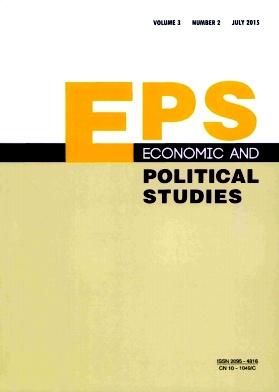Clientelism and identity
IF 2
4区 社会学
Q2 SOCIAL SCIENCES, INTERDISCIPLINARY
引用次数: 0
Abstract
Abstract Electoral clientelism or vote buying has been regarded as undermining democratic institutions and weakening the accountability of the state towards its citizens, especially the poor. Social identity as a form of political mobilisation may contribute to this, enabling support to be won with clientelist transfers. This paper reports data from a novel laboratory experiment designed to examine whether clientelism can be sustained as a political strategy, and whether identity impacts the nature or efficacy of clientelism. Specifically, we design a voting and leadership game in order to examine whether individuals vote for clientelist allocations by a leader even at the expense of more efficient and egalitarian allocations. We find group identity does not significantly impact the prevalence of clientelist plans. Leaders are more likely, however, to choose allocations that provide fewer benefits (lower rents) to themselves when they are part of the majority in-group than when they are in the minority.客户主义和身份
选举庇护主义或贿选被认为是破坏民主制度和削弱国家对公民,特别是穷人的问责制。作为一种政治动员形式的社会认同可能有助于此,使其能够通过客户主义转移赢得支持。本文报告了一项新的实验室实验的数据,该实验旨在检验裙带关系是否可以作为一种政治策略持续存在,以及身份认同是否会影响裙带关系的性质或效力。具体来说,我们设计了一个投票和领导博弈,以检验个人是否投票给领导的客户分配,即使牺牲更有效和平等的分配。我们发现群体认同并不显著影响客户主义计划的流行。然而,当领导者属于多数群体时,他们更有可能选择给自己提供较少利益(较低租金)的分配,而不是当他们属于少数群体时。
本文章由计算机程序翻译,如有差异,请以英文原文为准。
求助全文
约1分钟内获得全文
求助全文
来源期刊

Economic and Political Studies-EPS
SOCIAL SCIENCES, INTERDISCIPLINARY-
CiteScore
5.60
自引率
4.20%
发文量
29
 求助内容:
求助内容: 应助结果提醒方式:
应助结果提醒方式:


